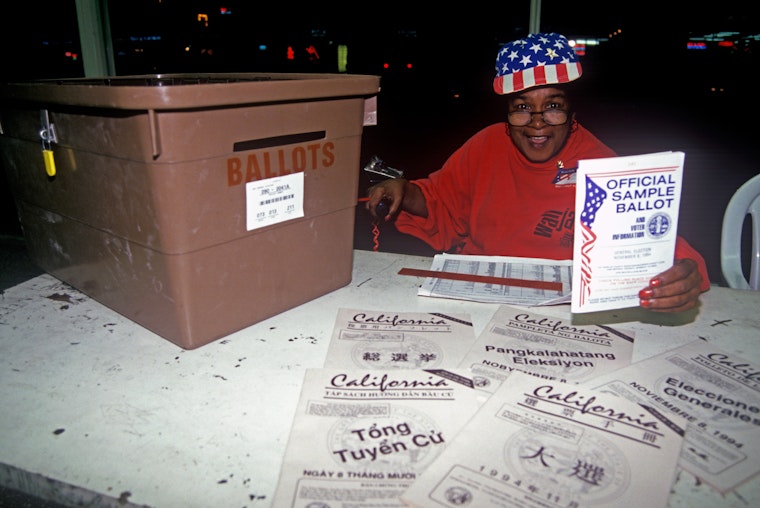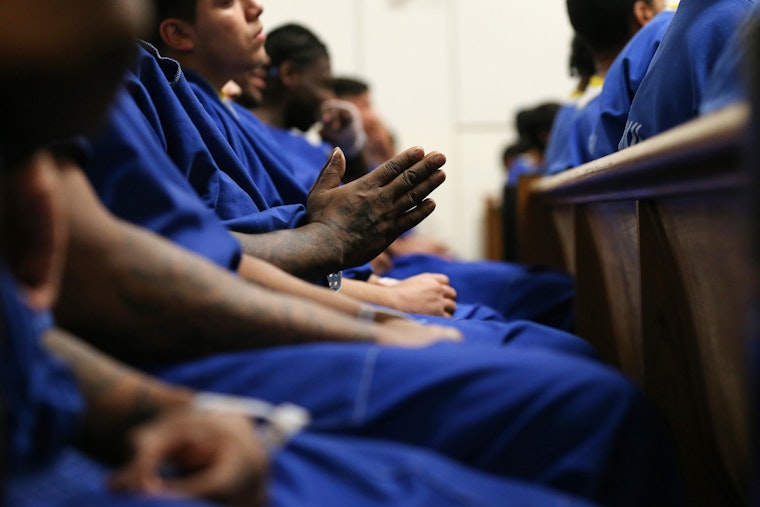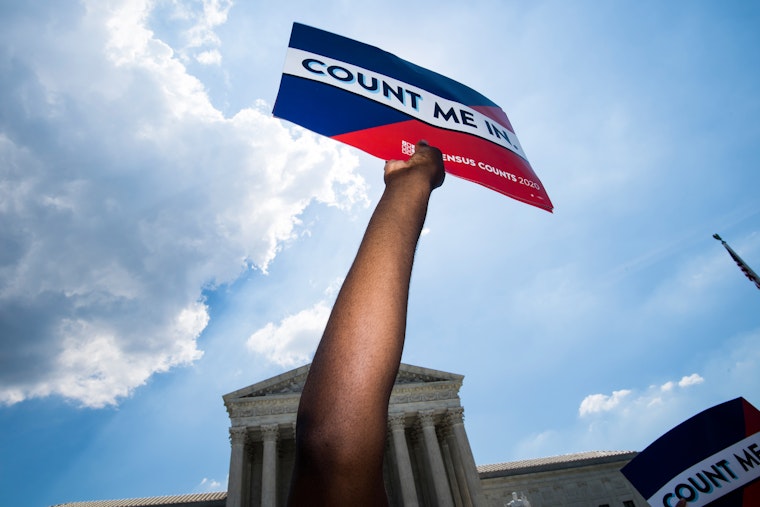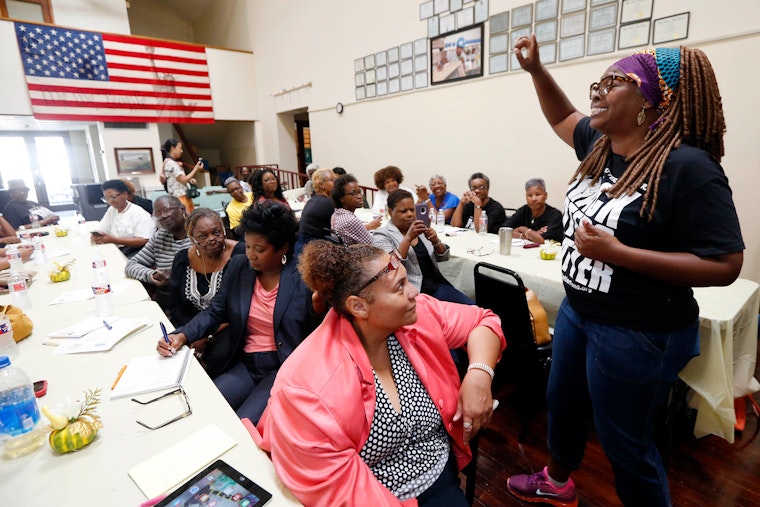Open Society’s History Fighting for Racial Justice in the United States
Racial justice has always been central to the work and mission of the Open Society Foundations.
In the mid-1990s, after spending years working to reform U.S. drug policies that unfairly target Black Americans, George Soros and the Open Society Foundations expanded their racial justice ambitions in the United States by investing in the movement against systemic racism—from ending the drug war to reforming systems of education and criminal justice to securing the right to vote.
Now, in 2020, and in response to the unprecedented wave of activism and organizing for racial justice that's spread across the world in the wake of the killing of George Floyd, Open Society is investing $220 million to build power in Black communities, promote bold new anti-racist policies in U.S. cities, and help first-time activists stay engaged.
1994: Launching Open Society’s U.S. work
George Soros launched Open Society’s work in the United States with efforts to reform U.S. drug policies that unfairly targeted Black people. These efforts soon expanded to the need for broad reform of a discriminatory criminal justice system, including the elimination of the death penalty.

1998: Focusing on Black Americans in Baltimore
The Foundations launched the Open Society Institute–Baltimore—an innovative effort to address three intertwined problems affecting the city’s Black population: drug policy, high incarceration rates, and obstacles that impede Black youth in succeeding both in and outside of the classroom. To date, Open Society has invested over $113 million in Baltimore.

2003: Expanding Racial Justice Work
Open Society created the Racial Justice Initiative in the United States, a new grantmaking effort to address systemic racial inequality experienced by historically marginalized communities of color. The program addressed such issues as voting rights, public policy reform, civil rights litigation, housing segregation, and community organizing.

2007: Investing in Black Men and Boys
The Foundations launched the Campaign for Black Male Achievement, investing nearly $20 million over several years. The initiative connected local leaders and over 2700 organizations to share knowledge and resources aimed at improving life outcomes for Black men and boys.

2011: Fighting Stop and Frisk
Open Society helped develop Communities United for Police Reform, a New York City-based campaign to challenge—and substantially reduce—the police department’s racially discriminatory stop and frisk practices.

2014: Accelerating the End of Mass Incarceration
The Open Society Foundations gave a grant of $50 million to the ACLU to advance its efforts to reduce mass incarceration nationwide.

2019: Supporting the NAACP Legal Defense and Educational Fund
Open Society-U.S. invested $25 million in multi-year grants to state organizations led by and accountable to people of color, and gave $15 million to the NAACP Legal Defense and Educational Fund in recognition of its 80th anniversary.

2020: Building Black Power
Open Society announced investments of $220 million to build power in Black communities, promote bold new anti-racist policies in U.S. cities, and help first-time activists stay engaged.
